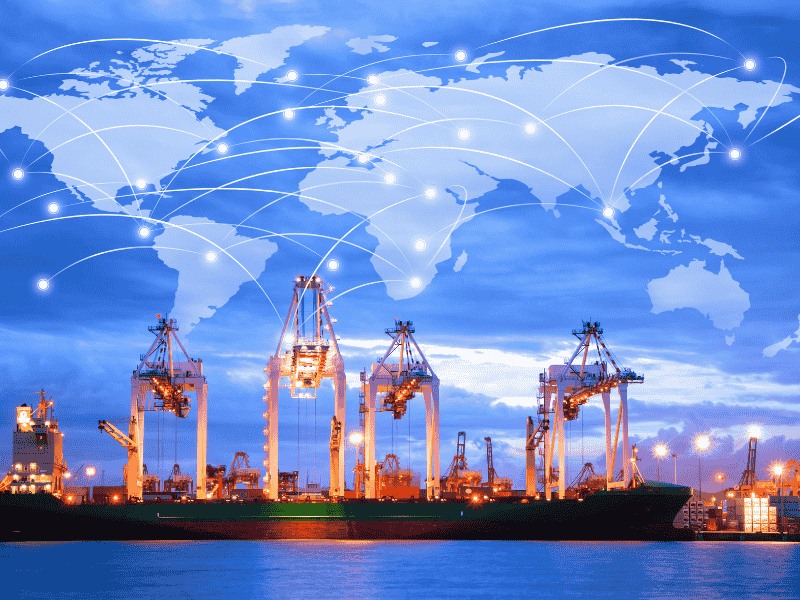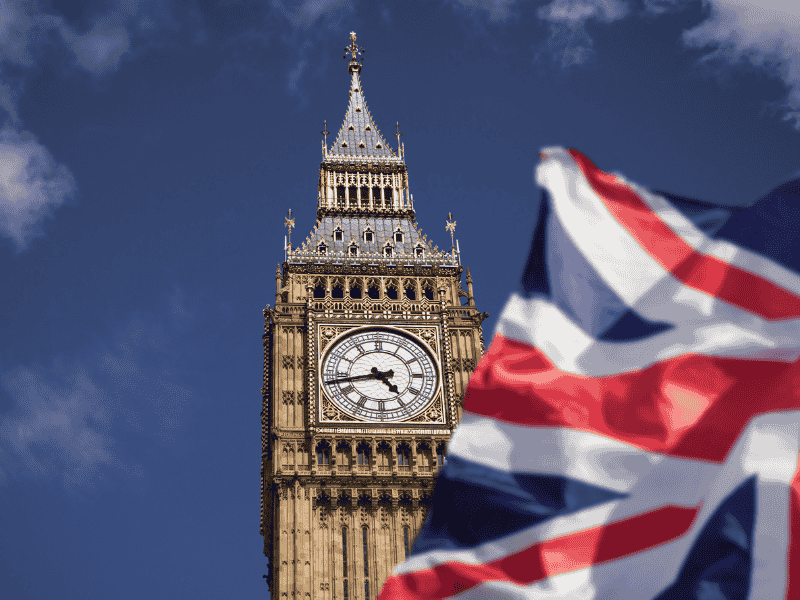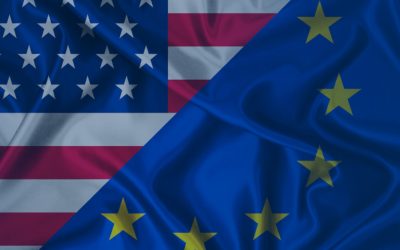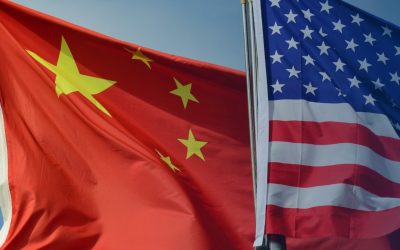Additional procedures, border inspections, and customs requirements demand adjustments in logistics strategies to prevent losses and delays.
Since Brexit, companies trading between the United Kingdom and the European Union have faced a climate of ongoing change. In May 2025, the UK-EU summit marked the beginning of a new phase in reshaping bilateral relations, which, in theory, should ease trade following the UK’s departure.
However, day-to-day operations tell a different story. Technology firms involved in hardware imports or exports are encountering mounting obstacles. New rules and procedures introduced in 2025 have intensified the administrative burden and increased logistics costs, forcing businesses to adapt continually.
Trade between the United Kingdom and the European Union is undergoing yet another regulatory shift. With the initial post-Brexit transition phase behind, the UK is now moving toward a more technologically ambitious and intricate customs framework that tightens border controls and disrupts cargo flows across the English Channel.
For logistics providers and importers, the challenge lies in anticipating change: strategic agility becomes key to avoiding bottlenecks and maintaining competitiveness. This makes it essential to work with experienced IOR and international logistics partners.
The Strategic Role of a Logistics Partner like Aerodoc
Aerodoc supports post-Brexit logistics primarily through its Importer of Record (IOR) service, which streamlines international trade in environments where customs regulations have become increasingly complex and demanding. Since the UK’s departure from the European Union, many companies face new barriers, import permits, and border inspections. This is where Aerodoc delivers value:
- Comprehensive customs and tax management. Aerodoc serves as the Importer of Record, managing taxes, duties, and local regulations. This allows UK and EU companies to ship goods without needing a legal entity in the destination country.
- Support for high-tech, time-sensitive projects. Whether in telecommunications, IT, or satellite operations, Aerodoc has experience transporting sensitive equipment under strict deadlines, managing both import procedures and matters related to ownership transfer or regulatory compliance.
- Assistance with technical certifications and approvals. Post-Brexit, certain technology products must undergo separate approval processes in the UK and the EU. This affects sectors such as telecom, IT, and satellite communications, where equipment requires specific validation before deployment. Aerodoc supports clients through testing, certification, and coordination with local authorities.
New Requirements in the United Kingdom
In 2025, the UK also introduced a series of regulations that further complicate international trade:
Mandatory Safety Declarations (ENS)
As of January 31, all shipments imported from the EU into Great Britain must be accompanied by an Entry Summary Declaration (ENS), also known as S&S (Safety & Security). A temporary exemption had been in place, but with its expiration, the carrier or its representative is now responsible for submitting the shipment’s safety data in advance.

Electronic Logistics Envelope (ELO)
In April, the United Kingdom introduced a standardized electronic consignment note known as the Electronic Logistics Envelope (ELO) for cross-border movements with the EU. This system consolidates all vehicle-related documents into a single digital “envelope” identified by a barcode, allowing border officials to scan each truck just once. The goal is to shorten crossing times. As of September 1, 2025, ELO usage is mandatory for all shipments, including empty loads, between the UK and the English Channel.
New Customs Requirements
On July 16, the Customs (Miscellaneous Amendments) Regulations 2025 came into effect, introducing further changes. Among other provisions, it simplifies certain temporary importation and transit procedures, extends the time limits for temporary admission of artwork to up to 48 months, and establishes a new authorization framework for foreign postal operators, allowing them to retain simplified export procedures from the UK.
Additionally, the regulation expands the inspection powers of HMRC—the UK’s tax authority—on shipments moving into Northern Ireland, and aligns valuation rules with international agreements. In practical terms, this means that, for example, a satellite brought in under temporary admission can remain in the UK for longer to undergo testing, but remains subject to inspection.
Removal of Exemption Codes
This year, the document code “999L,” widely used by UK exporters for simplified tariff exemptions, was discontinued. As of February 1, 2025, the code is no longer valid, and operators must explicitly declare the applicable document or exemption. Companies that failed to update their processes saw their submissions rejected in the new Customs Declaration Service (CDS), increasing the risk of delays. Additionally, the minimum data requirements for S&S declarations were reduced to make compliance more manageable.

Trade Agreements
In May 2025, after months of negotiations, the EU and the United Kingdom reached a new trade agreement aimed at easing friction. While the deal preserves tariff-free bilateral trade, it introduces more agile procedures, including “simplified processes” and increased use of digital documentation to reduce the administrative burden on exporters and importers.
Although these changes promise long-term advantages, in the short term, the surge in new forms and requirements—across both the UK’s UKIMS system and the EU’s ICS2—forces technology companies to reinvest in their logistics operations.
Companies in the IT, broadcast, telecom, and satellite industries are affected on multiple fronts. Many of their components—such as chips, antennas, and lasers—are classified as dual-use goods or fall under specific import/export regulations. The recent update to the EU’s dual-use list means that a broader range of advanced technology products now require special licenses, introducing additional customs procedures and potential delays.
Aerodoc is a reliable partner that absorbs regulatory and operational complexity, ensuring that technology assets and critical infrastructure reach their destination on time and in full compliance with all relevant laws and regulations.
Contact us to learn more about its services.
Q&A
- How do the new post-Brexit trade regulations affect SMEs exporting technology to the United Kingdom? The post-Brexit trade regulations have increased documentation requirements and logistics costs for technology SMEs. Without a local legal entity in the UK, many rely on Importer of Record (IOR) services to ensure compliance and prevent customs delays or penalties.
- What is the impact of the Electronic Logistics Envelope (ELO) on cargo traceability under the Post-Brexit trade regulations? The Electronic Logistics Envelope (ELO) enhances cargo traceability through a single scannable code that streamlines border inspections. However, successful implementation requires system integration and training for logistics staff to achieve full regulatory compliance.
- How can telecommunications companies comply with post-Brexit trade regulations concerning dual-use goods? Firms must review the updated UK and EU dual-use goods lists and secure the necessary export or import licenses before shipment. Partnering with a specialized logistics provider experienced in regulatory compliance helps mitigate risk and avoid shipment detention.
- What logistics strategies can help reduce operational costs under the new post-Brexit trade regulations? Centralizing customs operations through a global Importer of Record (IOR), digitizing documentation, and proactively managing ENS and CDS declarations help minimize delays and penalties. These strategies strengthen supply chain efficiency and UK–EU trade continuity.




